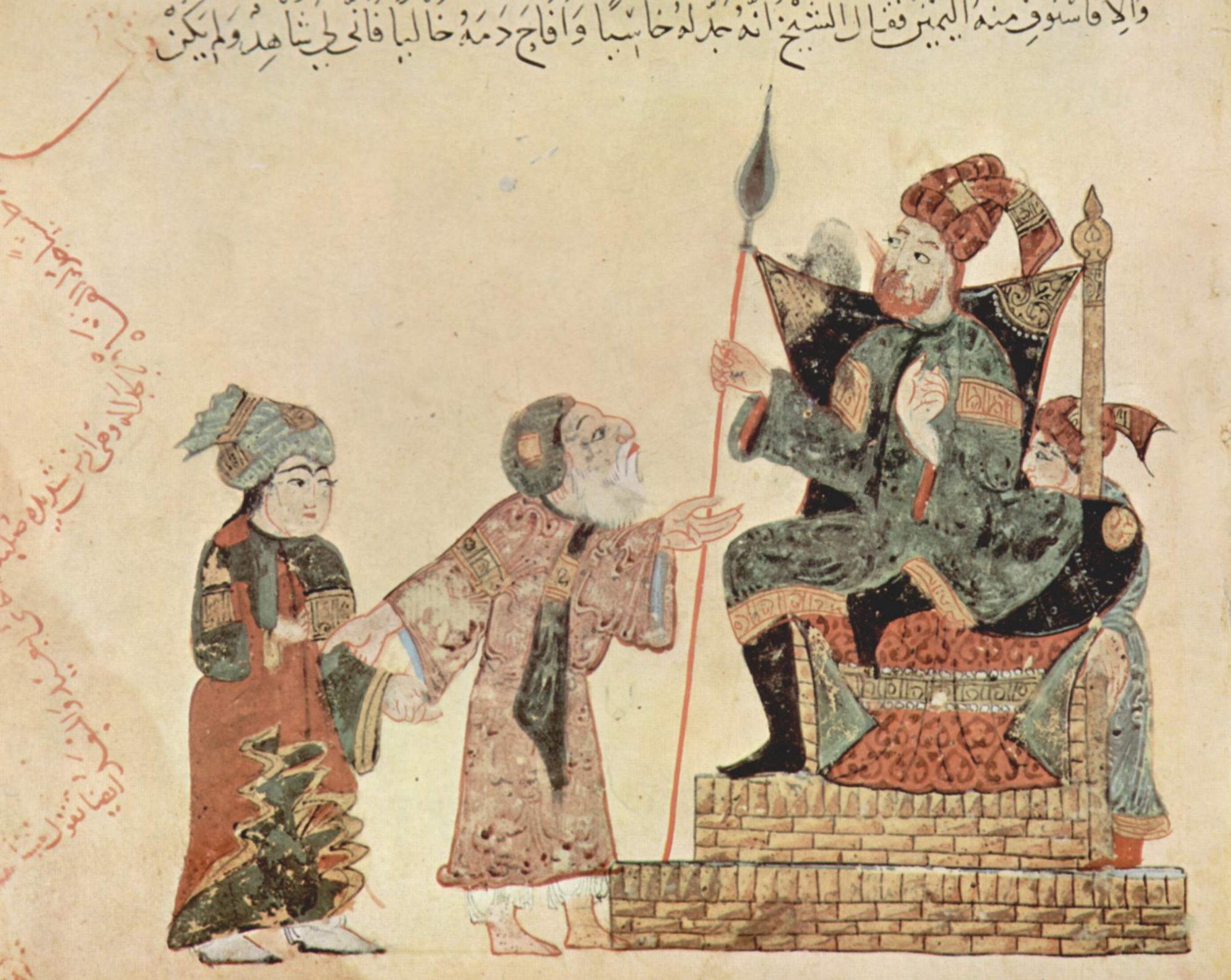European-based scholars met in Exeter for a one day workshop on Sex and Sexuality in Islamic law. Contributions came from a variety of disciplinary backgrounds, ranging from the social sciences to Islamic Studies, and addressed a number of Muslim-majority regions, including South and South East Asia and the Middle East. The organising theme of the conference was the ‘uses of the past’; specifically, how modern Muslims imagine, construct and invoke their juristic and other heritages and put these to work in the context of their present discussions, with reference to sex and sexuality. The participants spoke of continuities and discontinuities from the historical past in terms of categories, terminology and substantive arguments and explored such issues as homosexuality, plural marriage, masturbation, transsexualism and queer activism, with an eye to the emergence of these categories and/or the realities confronting actors on the ground.
Reflecting on the individual papers presented, I was fascinated by the competing typologies created by jurists (especially in cases where Sunni and Shi`i jurists developed their own categories or employed the same terms differently, e.g. the mamsūḥ), and also by the notion of a third nature/sex in Shi`i law, which sounds deceptively modern. I wonder what discursive space this opens up for transsexuality in the Iranian context. I was very intrigued by the demonstration of modern jurists’ selective appeal to the past, and how tradition is often invoked to conceal intellectual discontinuities; I am curious as to whether and to what extent those involved are aware they are doing so. It was fascinating to see how subtle differences of terminology and categorisation can reflect and/or mask profound differences of opinion; the papers presented showed that it certainly pays to read texts carefully. It was refreshing to hear from women involved in polygamous marriages; I can imagine this must have involved all kinds of difficulties for fieldwork. I also wonder how and to what extent Massad’s characterisation of the Arab East’s internalisation of ‘Western’ attitudes to homosexuality (as well as the category itself) would map onto South Asia. Finally, it is always interesting to see how minority groups balance and prioritise their different struggles and how these fit into a nationalist context.
Overall, the workshop was a great success and I learned much from the participants. It was my pleasure to be involved in its organising.





